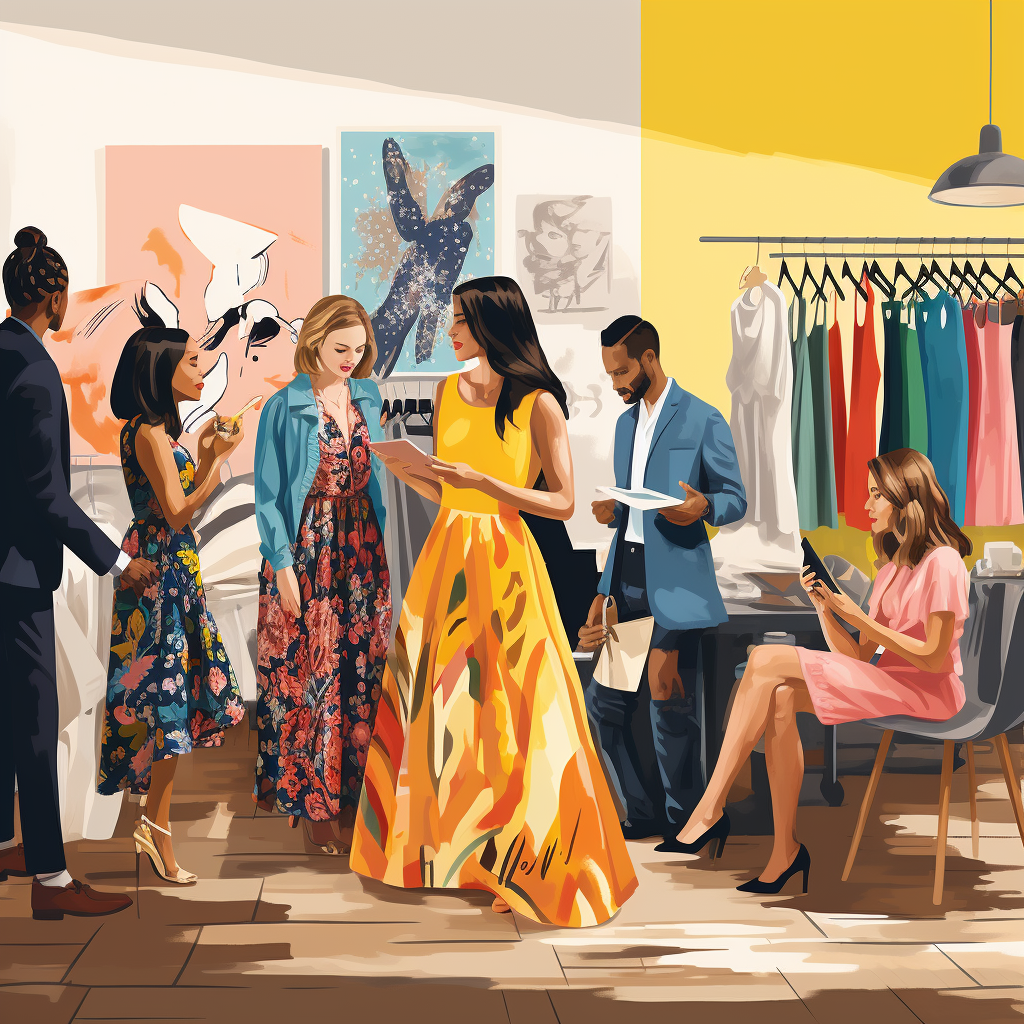LIV Golf's Playbook:
Innovating Without
Losing Traditional Fans
Every major sport has a past. Few are more closely tied to their time-honored traditions than golf. And so, when LIV Golf launched in 2021, we faced a distinct challenge: How do you reinvent a six-century old sport without breaking so far from its beloved history that traditional fans reject it?
That unique problem, and how we solved it, has lessons for other disruptors that are taking on well-known legacy brands and entrenched business models. Here are three strategies I believe can be applied across industries, from the playbook we used to change the sport of golf for good.
Before discarding the old, consider how it might enrich the new
From the start, we knew talent had to be our competitive edge. We wanted to bring together a group of people who would think differently about how to cover golf — but that didn’t mean we couldn’t use the most innovative talent already in the space to help us create beautiful art from our blank canvas.
Our first hiring decisions could have focused on influencers and YouTube golf personalities, and they are undoubtedly an important part of our community. However, we decided to start by creating a diverse roster of some of the most well-respected names already in the industry: former Ryder Cup player and broadcasting legend David Feherty and premier UK play-by-play announcer Arlo White, as well as US long-drive champion Troy Mullins and former Singaporean pro Su-Ann Heng, among others.
We also sought out the expertise of legendary Fox Sports executive David Hill, who is known through the industry as having revolutionized how sport is broadcast globally, introducing a number of key innovations including the NFL’s virtual ten yard line, now ubiquitous in American football broadcasts.
Early in his career, Hill would visit video game arcades for inspiration. Games, like broadcasts, must use graphics to quickly educate viewers about what is happening and why it matters, and to do so in an entertaining way. And so we’ve intentionally incorporated that video game look and feel into our graphics packages.
“The fact that we didn’t
have a legacy media
broadcasting deal
now means we have
more say (and ability)
to do so, through our
own LIV Golf app.”
Create your own “peaks” for your audience.
We also followed Hill’s example by focusing on being “live” with our coverage as much as possible — and when we aren’t live, we tell the viewer. Traditional golf broadcasts often take viewers away from some of the most dramatic action, switching from shots that are actually affecting the leaderboard to technically impressive shots that aren’t actually affecting the results.
Instead, we use one of our biggest innovations, the LIV Golf “pile-on”, to show when the leaderboard is changing as it happens. When you see a score change and we’re not on that shot live, we’ll put up a big “Don’t Blink” animation and then we’ll cut to it: “In case you missed it, this is what just happened…”
Golf naturally has few dramatic “peaks” compared to other sports, and traditional broadcasts often spend a lot of time explaining why a moment matters after the fact rather than capturing that excitement live.
By educating the viewer in real-time on what the pivotal moments are as they happen, we’re building the dramatic tension and then giving them an immediate emotional payoff.
We no longer have to take the viewer away from the shots that actually matter to show off a great golf shot. Instead, we’ll do a segment on those highlight reel shots later — say, the best shots over the last 20 minutes — once there is a pause in the more dramatic action. For players and their sponsors as well as viewers at home, the shots are shown while for those at home time isn’t wasted.
Is data the new highlight and
are fans the new
free agent?
[ YES ]

The future is fan controlled
[ PROBABLY ]

Over-engineered technology
might sterilize sport
Use your disadvantages, and unlikely inputs, to innovate.
We can be everywhere, all at once, in part because of our unique technological operation: this season, we have around 60cameras working across every hole at our events – 16 tracer cameras, 24 hard cameras, 8 hand-helds, a steady cam, and even 2 drones, among others.
Our distinct tracer camera technology was a discovery made out of necessity. Traditional radar-based tracer companies were hesitant to work with us as a new startup initally, which focused us to look elsewhere — leading us to incorporate optical tech tracers technology developed for an app and revise it for deployment in a broadcast.
Similarly, our innovative “LIV Line” putt predictor came from cleverly adapting technology that was previously used as an iPhone app for amateur golf users trying to improve their putting game.
Will Newell, our Creative Director, is one of the most important voices on our team precisely because he offers a different perspective. Before joining LIV Golf, he had perhaps watched an hour’s worth of golf coverage.
He often sees things our other producers don’t, and will constructively challenge them, leading to good, healthy debates about how to appeal to both casual golf fans and more hardcare fans.
His feedback is also a good reminder that our broadcast needs to pass the “pub” test: if I am watching at the bar and can’t hear the audio commentary, can I understand what’s going on anyway?
Give fans more control
The focus in the first two years was on our primary feed and primary product. As we move into 2024, our focus shifts to how we can leverage the infrastructure and facilities we’ve created to give the fans more control over their coverage and the players or teams they want to follow.
For instance, if the viewer just wants to watch Phil Mickelson, how do we create that on a second screen? In this case, our initial weakness once again becomes a strength — the fact that we didn’t have a legacy media broadcasting deal now means we have more say (and ability) to do so, through our own LIV Golf app.
We’re also exploring how to use AI to enable that ability to check into featured groups or teams, replacing the need to have a specific production team facilitate that process. And it’s just the start, as we prepare for our third season in 2024, us hosting tournaments from the U.S. to the Middle East, Asia, Australia and beyond, all while broadcasting into 380 million homes across the world.
Do you agree with this?
Do you disagree or have a completely different perspective?
We’d love to know

















